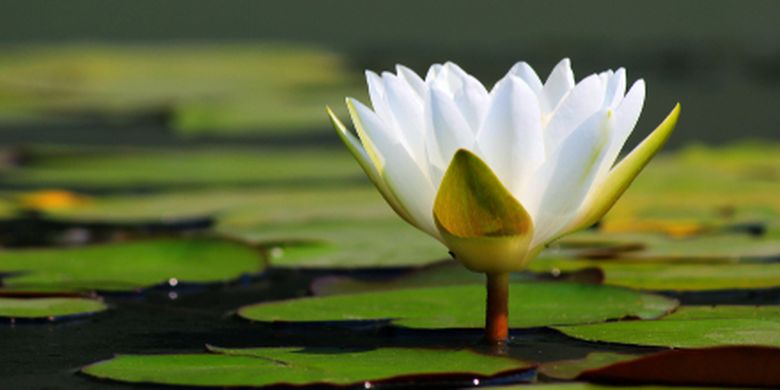
Teratai: The Enchanting Water Lily
AlexJones
- 0
- 564
The Teratai, also known as the water lily, is a captivating aquatic plant that has enthralled cultures across the world for centuries. Its botanical name, Nymphaea, hints at the plant’s mystical allure, as it is named after the water nymphs of Greek mythology. The teratai888 is renowned for its exquisite beauty, unique adaptation to aquatic life, and cultural significance in various societies. In this article, we will explore the enchanting world of Teratai and its fascinating characteristics.
Elegance in Diversity: Teratai is a diverse genus that encompasses around 70 species, each with its distinct charm. These aquatic plants are found in various colors, including white, pink, yellow, and blue, offering a visually stunning display in lakes, ponds, and slow-moving rivers. The striking contrast between their lush green foliage and vibrant blooms makes them a favorite among water garden enthusiasts.
Adaptation to Aquatic Life: Teratai’s ability to thrive in water is a testament to nature’s remarkable adaptations. Their leaves are specially designed with a waxy surface that repels water, ensuring they remain afloat. The underwater stems, or rhizomes, anchor the plant in place, allowing it to grow and flourish even in the gentlest of water currents. This adaptation has made Teratai a symbol of resilience and beauty.
Cultural Significance: The Teratai holds a special place in the hearts of many cultures around the world. In Egypt, these water lilies were sacred to the goddess Isis and played a role in various religious ceremonies. In Hinduism, the Teratai represents purity and enlightenment, often depicted as a seat for gods and goddesses in artwork. Furthermore, in Vietnamese culture, the Teratai is a symbol of elegance and nobility. The Teratai’s presence in art, literature, and religious rituals showcases its universal appeal.
Medicinal and Culinary Uses: Beyond its aesthetic value, Teratai has practical uses as well. In traditional medicine, extracts from Teratai have been used to treat various ailments, including digestive issues and inflammation. Some cultures also incorporate Teratai petals into culinary dishes, adding a unique flavor and vibrant color to salads and teas.

